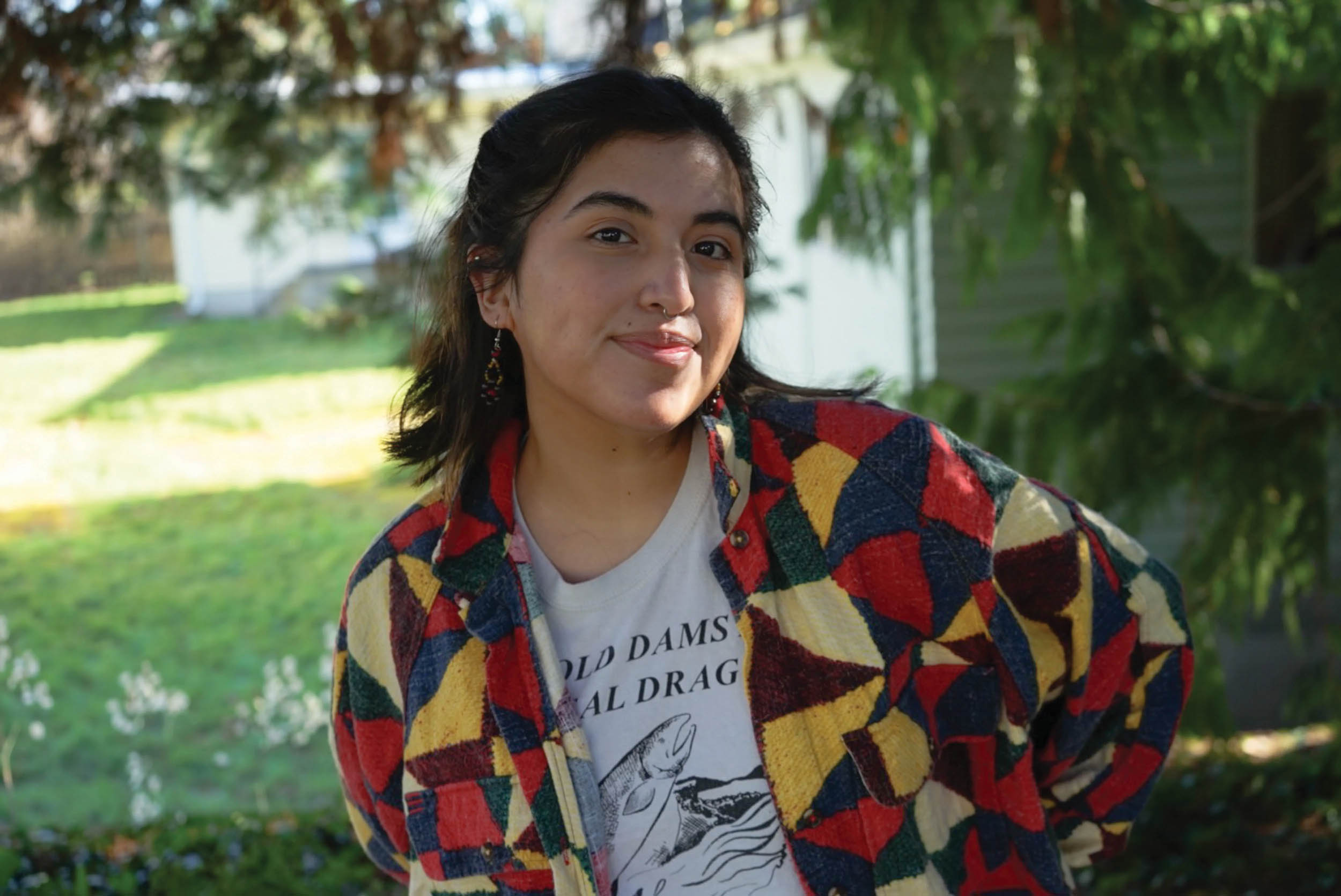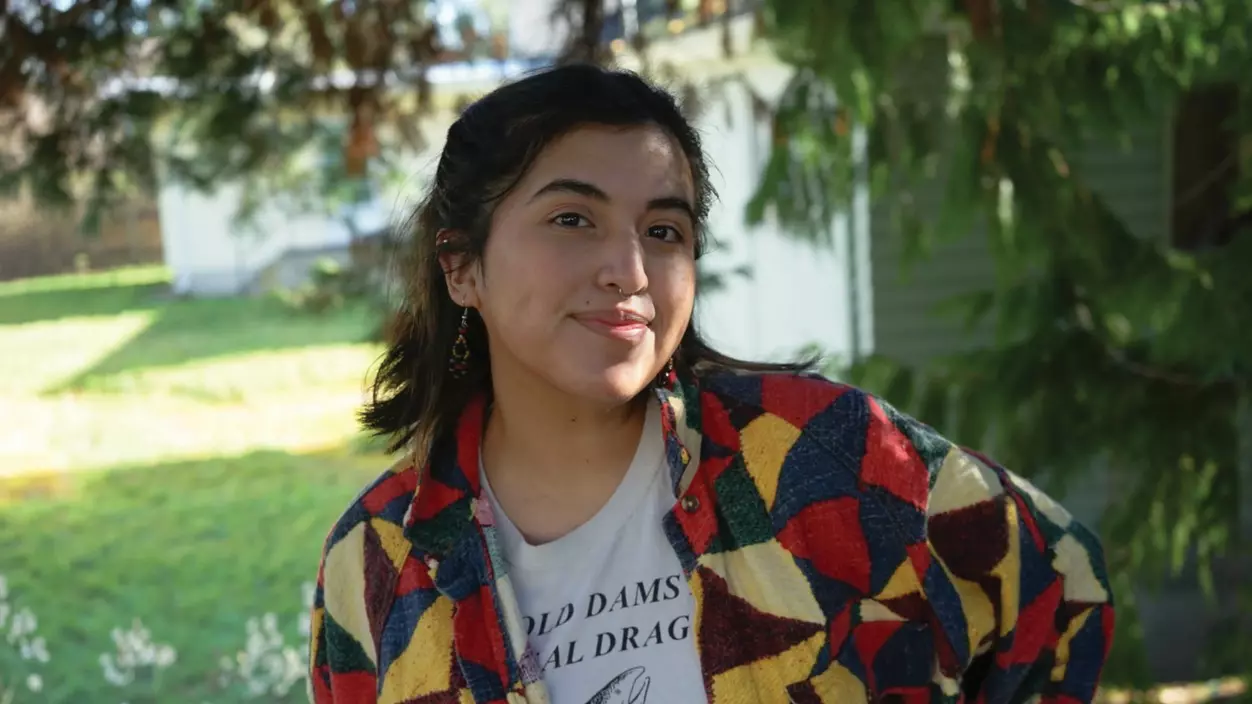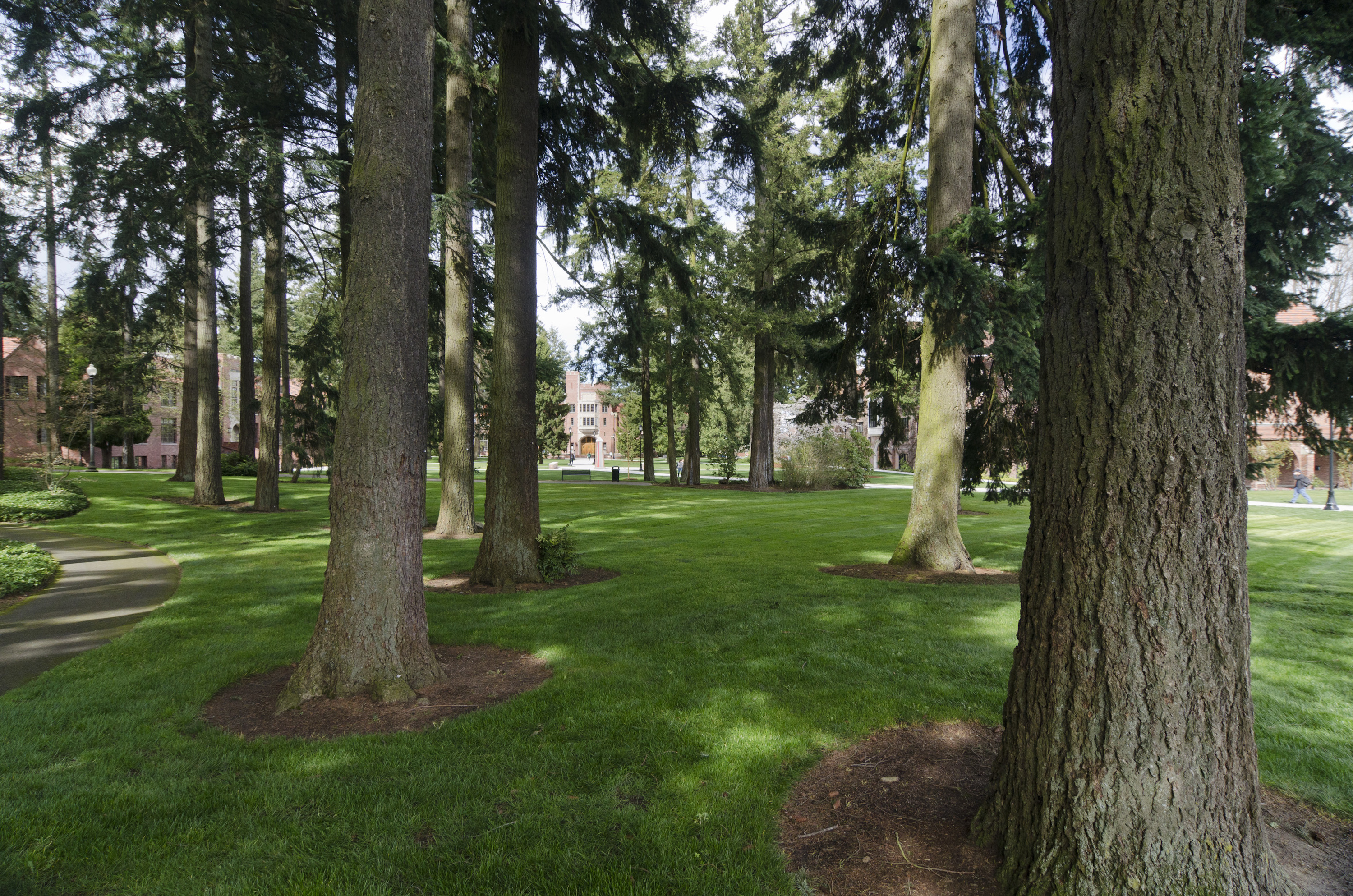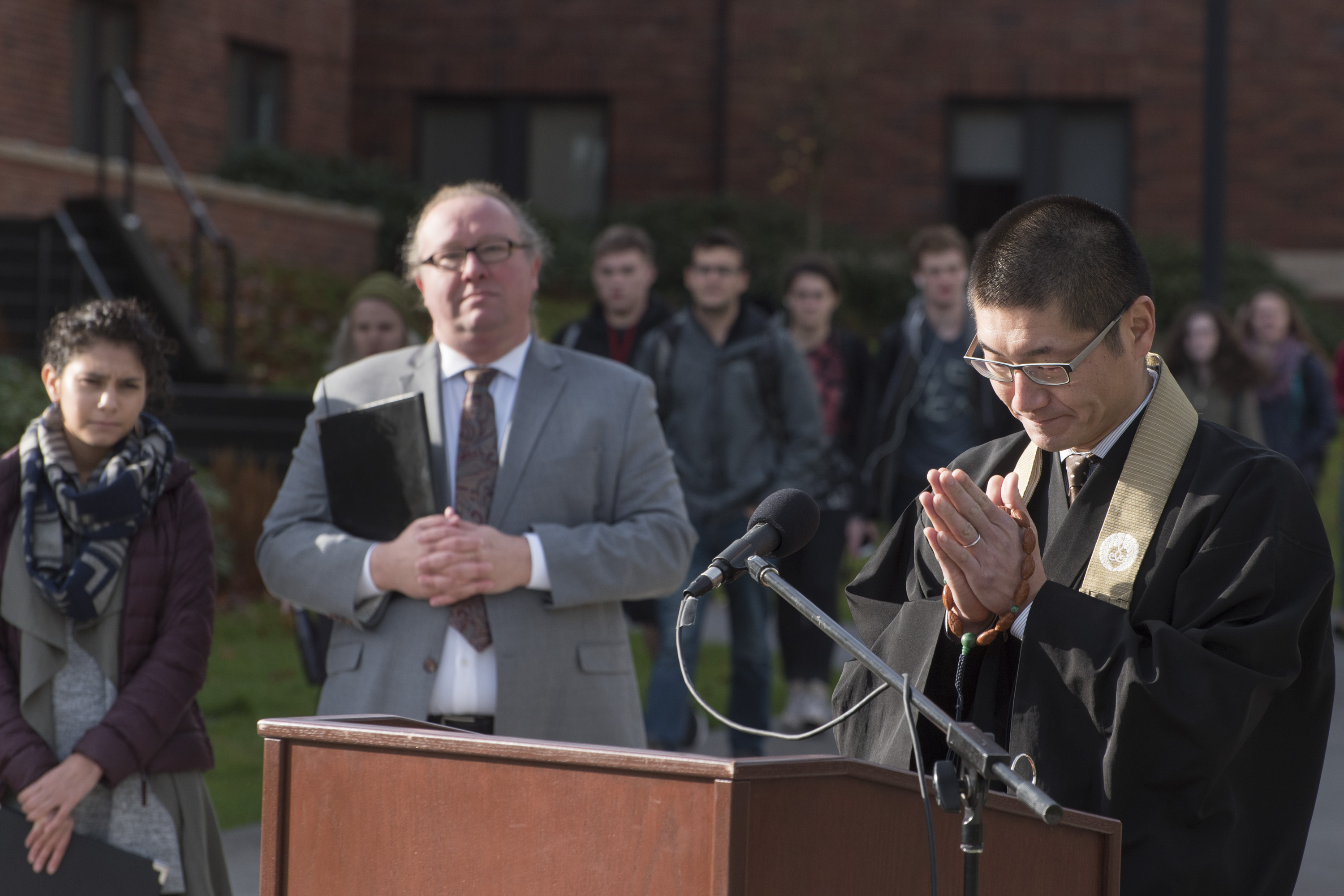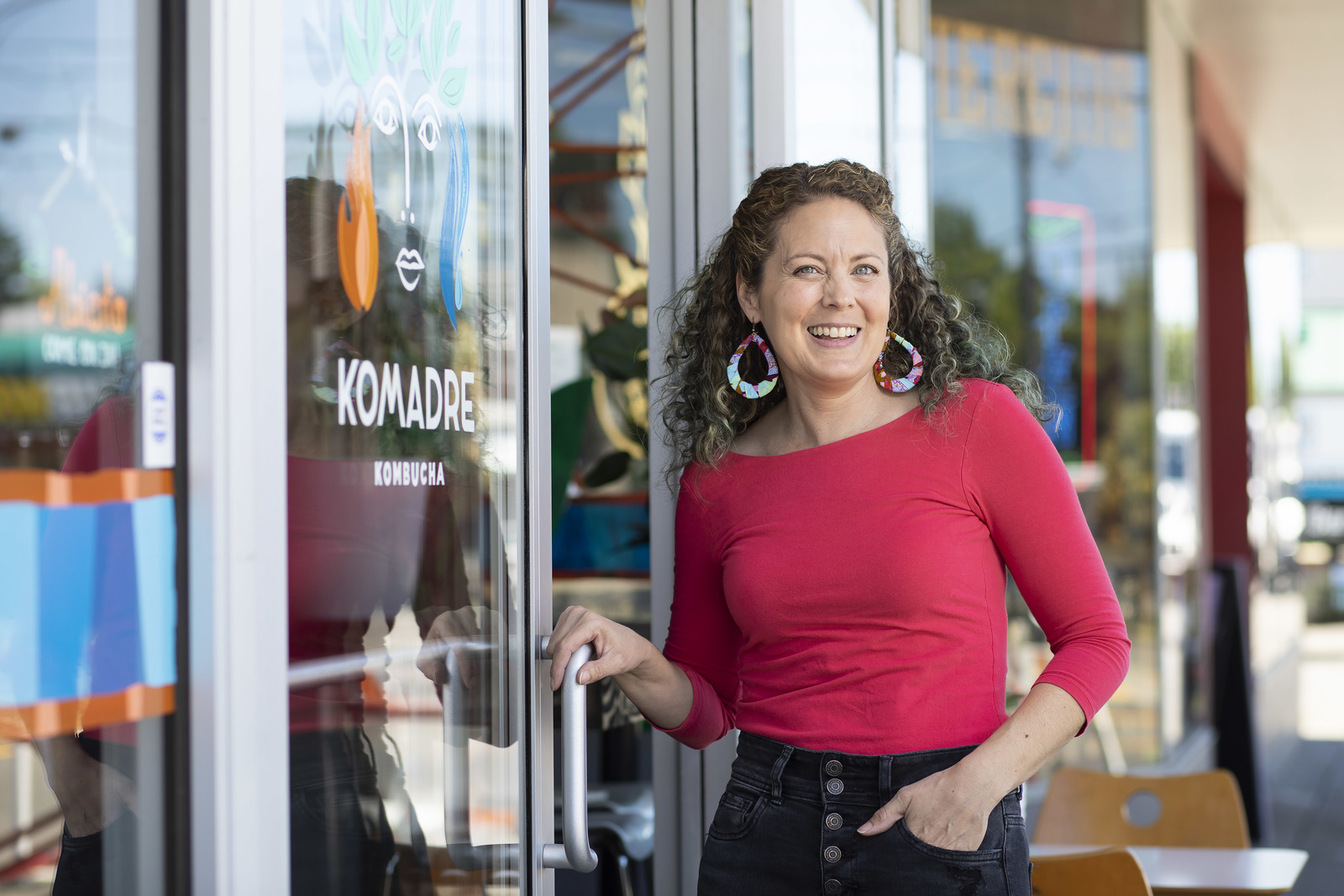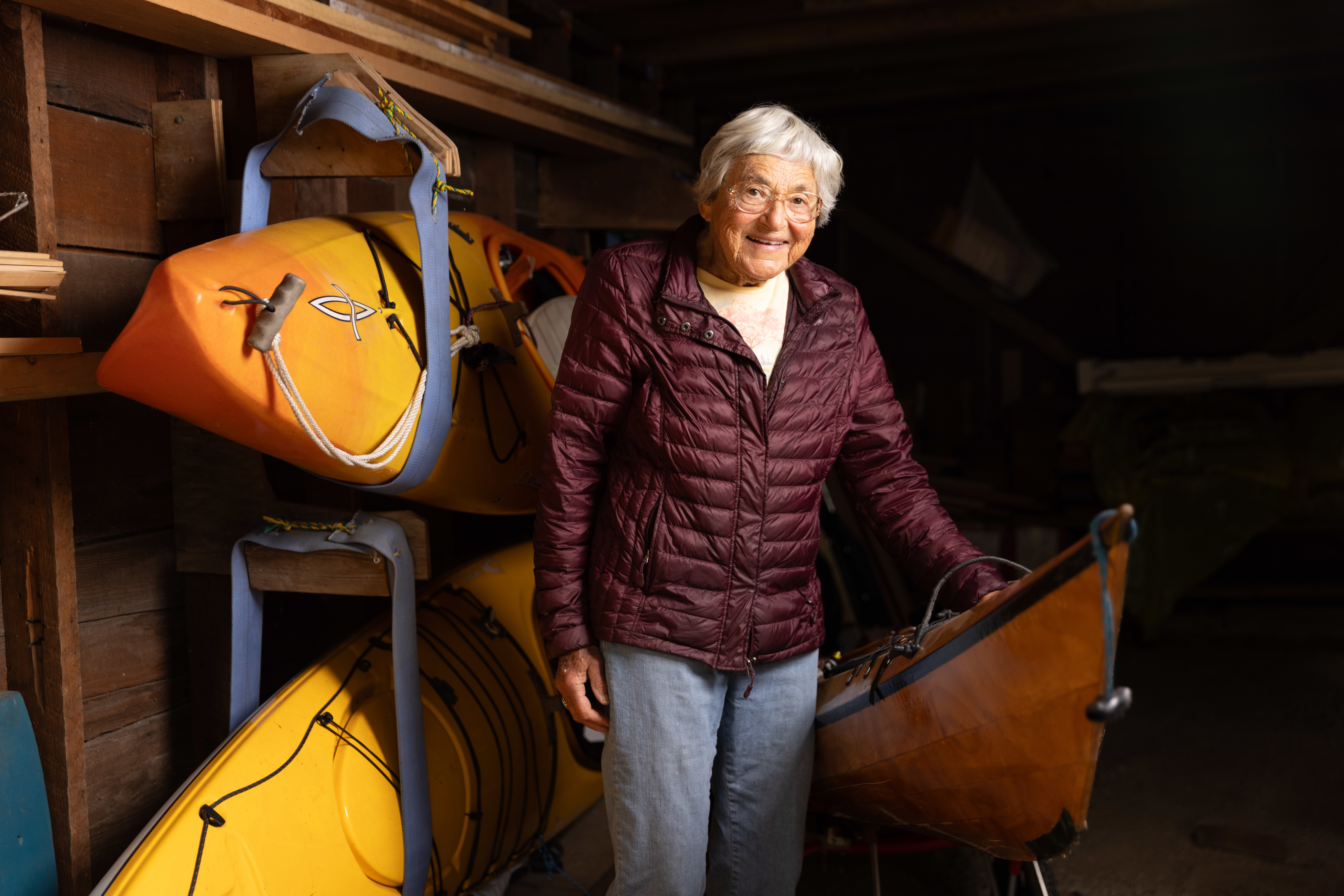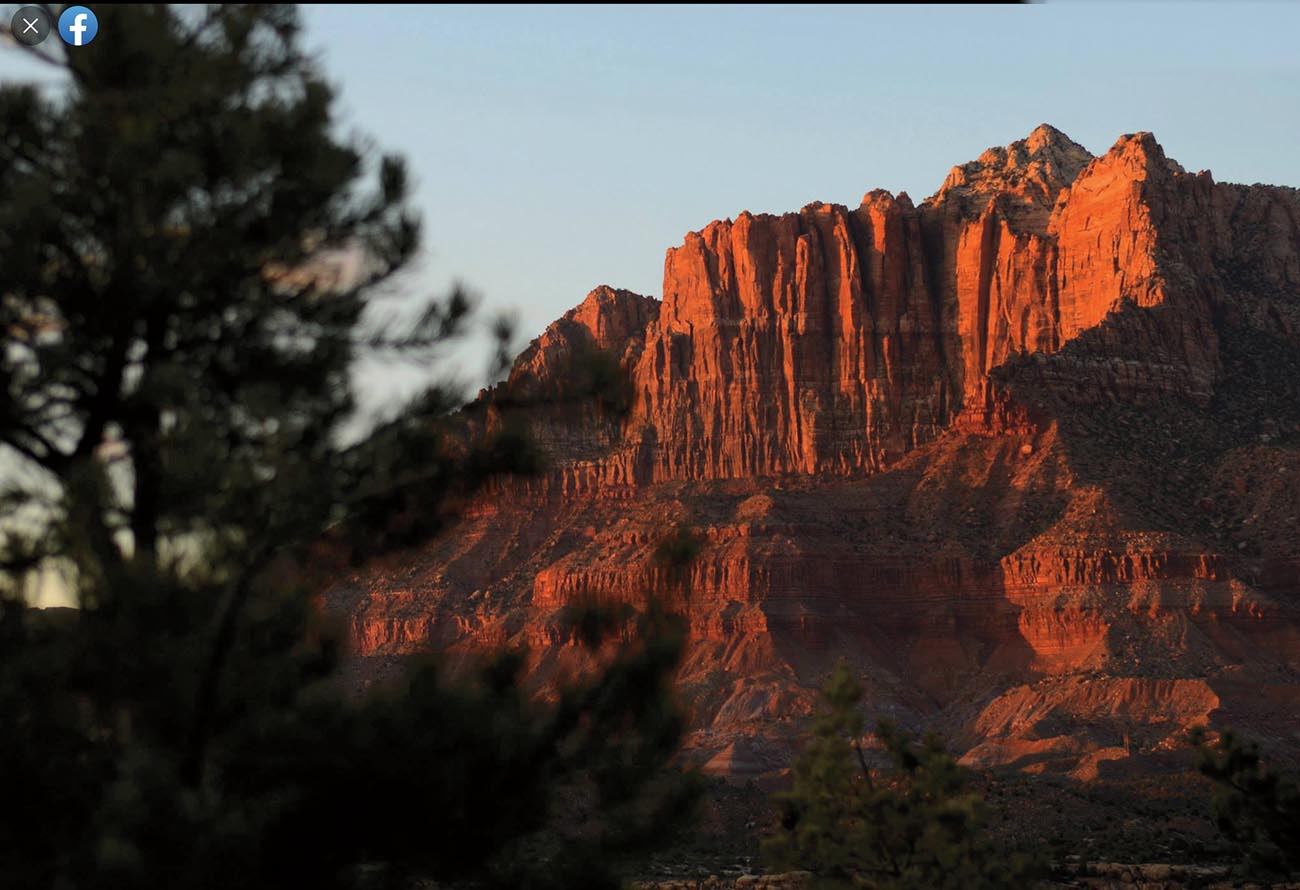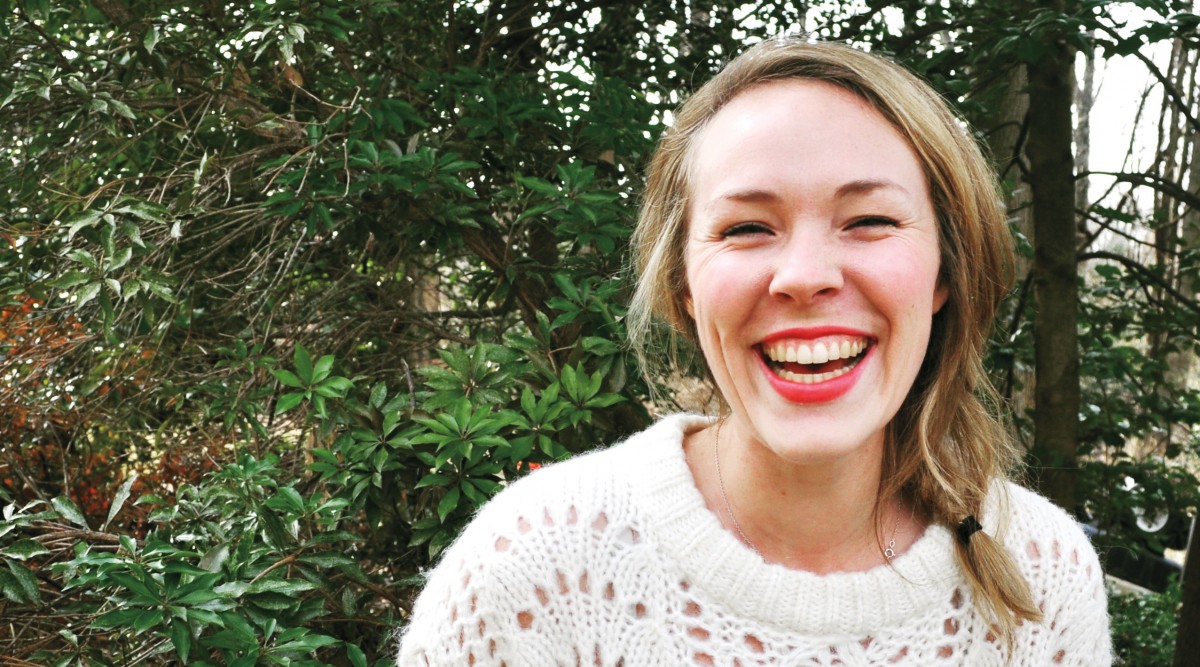Vidal Meza describes herself as an environmental data scientist who’s interested in wildlife ecology and biodiversity management. The roots of those varied interests go back to her childhood.
“My family is from Cusco and Corongo in the Peruvian Andes,” she explains. “I spent a lot of time thinking about the ways that biodiversity was related to the human diversity I was seeing in South America.”
Much of Vidal Meza’s focus has been related to justice—both for the natural environment and for marginalized people who are often left out of datasets. For her senior capstone, she compiled a database of anti-colonial learning materials— peer-reviewed papers, podcasts, and articles—in an effort to diversify the course materials in undergraduate environmental studies. She also helped create the curriculum for, and co-facilitated, Puget Sound’s first-ever student-led course, ECON 198: Economics of Power and Inequality.
As she starts her Ph.D. program, Vidal Meza hopes to keep one foot in two different worlds: research—which prizes data above all else—and the ancestral ways of knowing of South America, which are centered more in storytelling and the intimacy of intergenerational relationships. These worlds, she says, do not always hold hands.
“What perspectives are being represented? Who wields power from the data?” she asks. “I’m studying to become a scientist while also trying to do right by the communities back home.”
